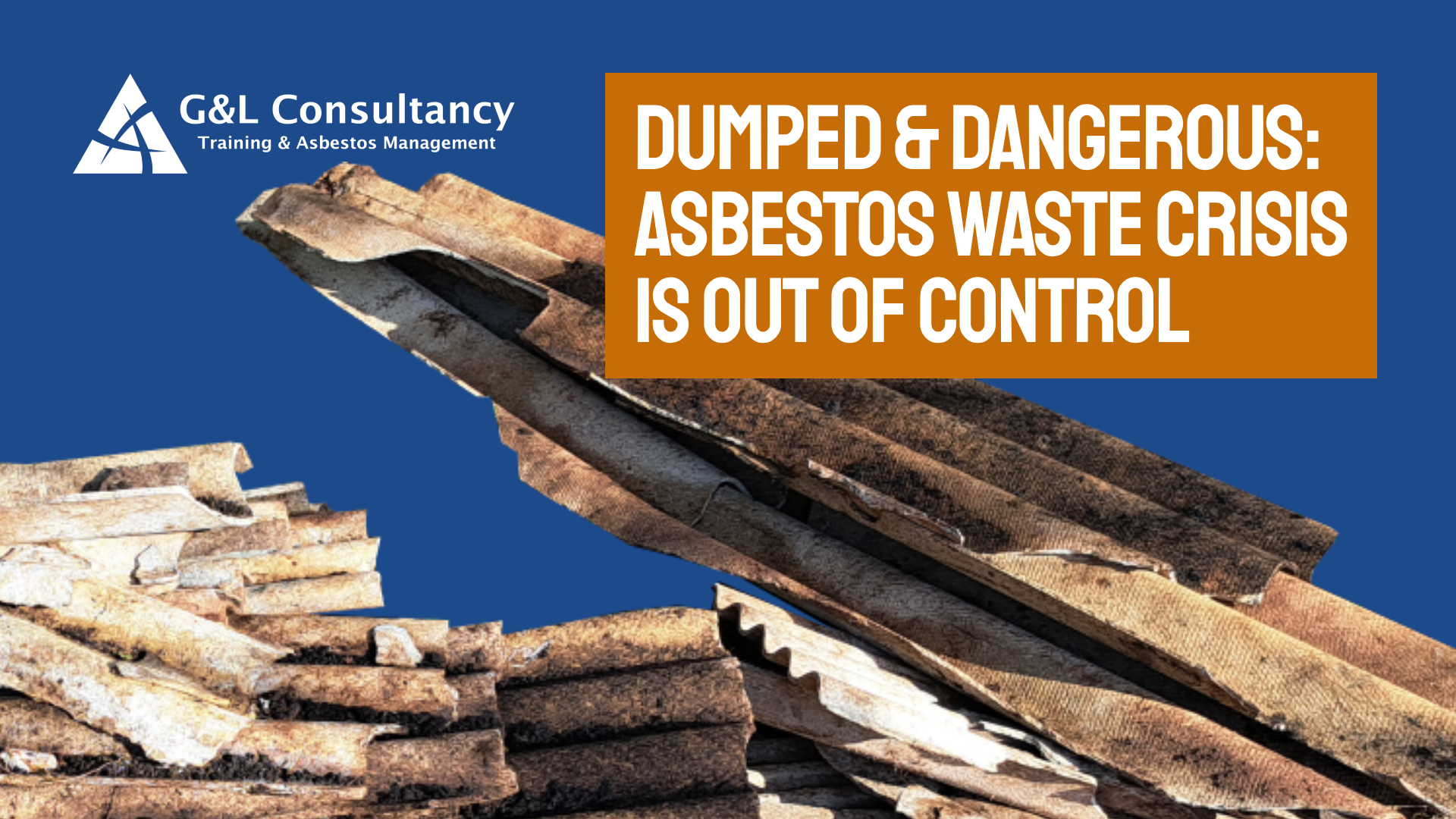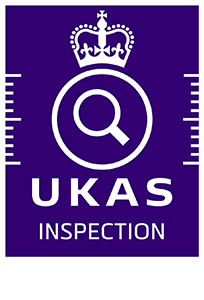Northern Ireland Faces Escalating Asbestos Dumping Crisis
Our Northern Ireland Director, Alan Lewis, has once again appeared on the BBC to raise awareness about the growing issue of asbestos exposure and illegal dumping. His latest interview on BBC Newsnight Northern Ireland sheds light on a deeply concerning trend: the widespread and unlawful disposal of asbestos across the region.
The BBC report revealed that there have been 280 recorded incidents of illegal asbestos dumping in Northern Ireland in the past 5 years. This figure is alarming, especially when considered alongside national statistics. According to the UK Government, there were over 3,000 cases of illegally dumped asbestos across the UK in 2021/22.
These numbers prompt serious questions. How is asbestos being removed? Are proper safety procedures being followed? And most importantly, are people being unknowingly exposed to harmful fibres during the process?
A Hidden Threat with Long-Term Consequences
The BBC article also shares the tragic story of Tony Rodgers, a lifelong social worker who passed away from mesothelioma—an aggressive cancer caused by asbestos exposure. His family struggled to understand where he might have come into contact with the material, highlighting how asbestos exposure can occur in everyday environments and often goes unnoticed.
Mesothelioma can take decades to develop. In some cases, symptoms may not appear until 40 to 50 years after exposure. This means someone exposed in their twenties may not be diagnosed until they are in their seventies, making it incredibly difficult to trace the source and prevent future cases.
The Cost of Negligence
Alan Lewis emphasised the dangers of improper asbestos handling, stating:
“When it comes to illegal dumping, you could have situations where asbestos is being transported and not contained properly, broken up in transit and dumped on the side of the road.”
This poses a serious risk not only to those responsible for cleaning up the waste but also to drivers and members of the public who may be unknowingly exposed to airborne fibres. The health implications are severe, and the lack of accountability is troubling.
Proper disposal of asbestos involves significant cost and legislation. Contractors are required to follow strict regulations, use licensed facilities, and ensure safe handling. Unfortunately, some choose to cut corners, either to save money or avoid the administrative burden. This behaviour endangers lives and undermines public trust.
A Pattern of Incidents
This latest coverage follows a series of asbestos-related events in Northern Ireland. Earlier this year, it was reported that £40 million in compensation had been awarded for asbestos-related illnesses in the region since 2011. In another incident, asbestos was discovered near a Eleventh Night bonfire. Despite warnings, the bonfire was lit, potentially releasing hazardous fibres into the air and putting nearby residents at risk.
These incidents point to a broader issue: a lack of awareness, enforcement, and consistent disposal practices.
What Are the Rules?
Disposal regulations vary across the UK. In England, residential homeowners can often take small amounts of asbestos to their local recycling centre, provided it is double-wrapped, clearly labelled, and not broken or drilled. However, this depends on local council policies, and safety precautions must still be followed.
In Northern Ireland, the rules are stricter. Asbestos must be taken to a licensed hazardous waste site, or handled by a certified asbestos removal specialist. While this ensures safer handling, it may also contribute to illegal dumping if people are unaware of the rules or unwilling to follow them.
Moving Forward
Alan’s appearance on the BBC is a timely reminder that asbestos is not just a legacy issue—it is a current and growing threat. We need stronger enforcement, better public education, and more accessible disposal options to prevent further harm.
The risks are real, and the consequences are long-lasting. It’s time for a national conversation about asbestos safety, accountability, and the steps we must take to protect our communities.
Have you or your organisation faced challenges with asbestos disposal or awareness?
We welcome your thoughts and experiences. Let’s work together to raise awareness and drive change!
We Offer Free Advice and Support
Northern Ireland: 02840 623566
South West England: 01823 443898






